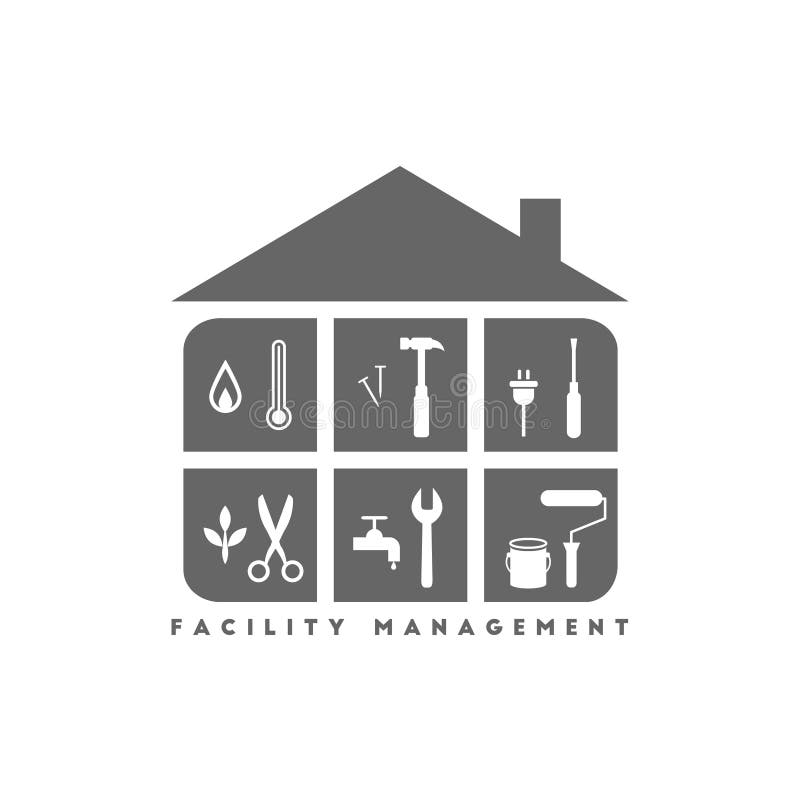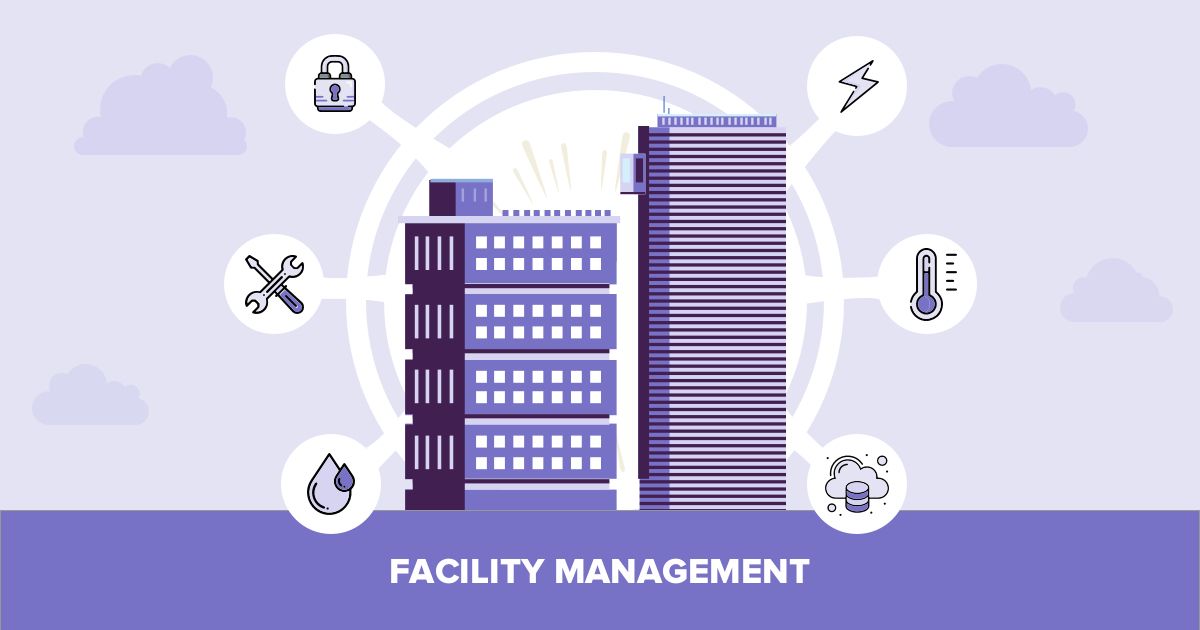How Total Facility Management Helps Companies Enhance Asset Utilization
How Total Facility Management Helps Companies Enhance Asset Utilization
Blog Article
Why Total Facility Management Is Important for Company Success
Total Facility Management (TFM) works as a cornerstone for business success by balancing diverse functional facets such as maintenance, area use, and safety and security procedures. This assimilation not just improves performance however also aligns facility management with overarching organizational goals. As organizations navigate an affordable landscape, understanding the complex advantages of TFM can be pivotal in driving price performance and improving employee productivity. The effects of adopting TFM expand much beyond prompt operational gains, raising critical questions concerning its lasting influence on organizational strength and competitiveness. What exists underneath this essential structure?
Comprehending Total Facility Management
Total Facility Management (TFM) encompasses a detailed technique to handling an organization's buildings and connected services to guarantee ideal capability, security, and efficiency. TFM integrates various techniques, consisting of maintenance, procedures, area management, and safety and security protocols, to develop a natural structure that sustains a company's core objectives.
At its core, TFM aims to simplify the processes included in facility management, enhancing and decreasing redundancies service delivery. This method involves the coordination of tasks associated with home management, such as repairs, cleansing, and energy management, to cultivate an effective atmosphere for workers and stakeholders alike. TFM likewise highlights the value of implementing best techniques and ingenious modern technologies to improve solution high quality and minimize functional prices.
By straightening facility management tasks with organizational goals, TFM enhances overall efficiency while making sure conformity with health and wellness, safety and security, and ecological guidelines. Thus, TFM offers not only as a logistical function yet also as a critical property, adding to an organization's long-term sustainability and growth.
Secret Advantages of TFM
Leveraging a thorough method, organizations that apply Total Facility Management (TFM) unlock a myriad of advantages that add to overall company success. Among the key advantages of TFM is the improvement of operational effectiveness. By combining facility services under a unified management structure, organizations can streamline procedures, lower redundancies, and enhance communication across departments.
Additionally, TFM advertises an aggressive upkeep strategy, which lessens downtime and prolongs the lifespan of facilitiess and tools (Total Facility Management). This aggressive strategy not only boosts productivity however additionally cultivates a safer working setting, eventually resulting in greater employee contentment and retention rates
Furthermore, TFM helps with much better resource allotment by supplying understandings into facility performance metrics. Organizations can recognize locations for enhancement, permitting them to make informed choices that line up with their strategic objectives.
TFM and Price Effectiveness
Achieving price performance is a basic goal for companies, and Total Facility Management (TFM) plays an essential function in this venture - Total Facility Management. By incorporating various facility solutions under a single management structure, TFM enables organizations to simplify operations and decrease redundancies. This holistic approach results in significant cost savings, as it eliminates the demand for several suppliers and simplifies procurement procedures
Moreover, TFM promotes aggressive upkeep techniques, which minimize the danger of costly repair services and downtime. By prioritizing preventative steps, companies can extend the life expectancy of their possessions and minimize unexpected expenditures. In addition, TFM incorporates power management practices, which can significantly reduce energy costs with reliable resource use.
The centralization of information and analytics within TFM allows companies to make enlightened financial decisions. By recognizing fads and areas for enhancement, TFM makes it possible for tailored techniques that additionally boost cost management. The scalability of TFM remedies ensures that as organizations grow, their facility management methods stay effective and straightened with economic objectives.
Enhancing Staff Member Productivity
A well-managed facility can significantly increase worker efficiency by producing a favorable work atmosphere. Efficient Total Facility Management (TFM) guarantees that all aspects of the workplace-- from lighting and temperature to cleanliness and safety-- are optimized. When employees run in a room that is properly maintained and comfy, they are more probable to concentrate on their jobs, causing greater outcome and task fulfillment.
Furthermore, TFM can enhance collaboration via the critical layout of common areas, encouraging synergy and advancement. By investing in the right sources and modern technology, organizations can facilitate smooth interaction and improve operations, better enhancing efficiency. Regular upkeep and timely reactions to facility problems avoid disruptions that can otherwise prevent efficiency.
Additionally, a secure and healthy and balanced workplace, supported by TFM practices, minimizes absenteeism and advertises well-being, straight correlating with raised efficiency degrees. Eventually, focusing on facility management is an investment not just in physical assets however also in the workforce itself. By cultivating an atmosphere that sustains employee demands and preferences, services can grow a much more involved and efficient labor force, driving total success and competitive benefit.

Future Trends in TFM
Welcoming technical innovations is readied to reshape the landscape of Total Facility Management (TFM) in the coming years. As the need for performance and sustainability increases, TFM will increasingly adopt smart building technologies, integrating Internet of Things (IoT) devices to keep track of and manage facility procedures in real-time. This change will certainly make informative post it possible for aggressive upkeep, substantially lowering functional expenses and improving solution shipment.

Sustainability stays a critical focus, with TFM specialists expected to prioritize green practices. This consists of making use of renewable power resources and optimizing waste management systems to minimize the carbon impact of facilitiess.
Remote management abilities will certainly additionally be increased, allowing facility managers to supervise operations from practically anywhere. This versatility will certainly come to be essential as companies adjust to crossbreed job versions. In recap, the future of TFM is positioned for makeover through technology, sustainability, and enhanced operational strategies, ensuring businesses remain competitive in an evolving landscape.
Conclusion
By integrating various operational functions, TFM boosts performance and lines up facility management with organizational goals. As companies websites significantly embrace sustainable techniques and innovative modern technologies, the significance of TFM will certainly continue to expand, guaranteeing lasting operational efficiency and competitiveness in a progressing marketplace.
Report this page